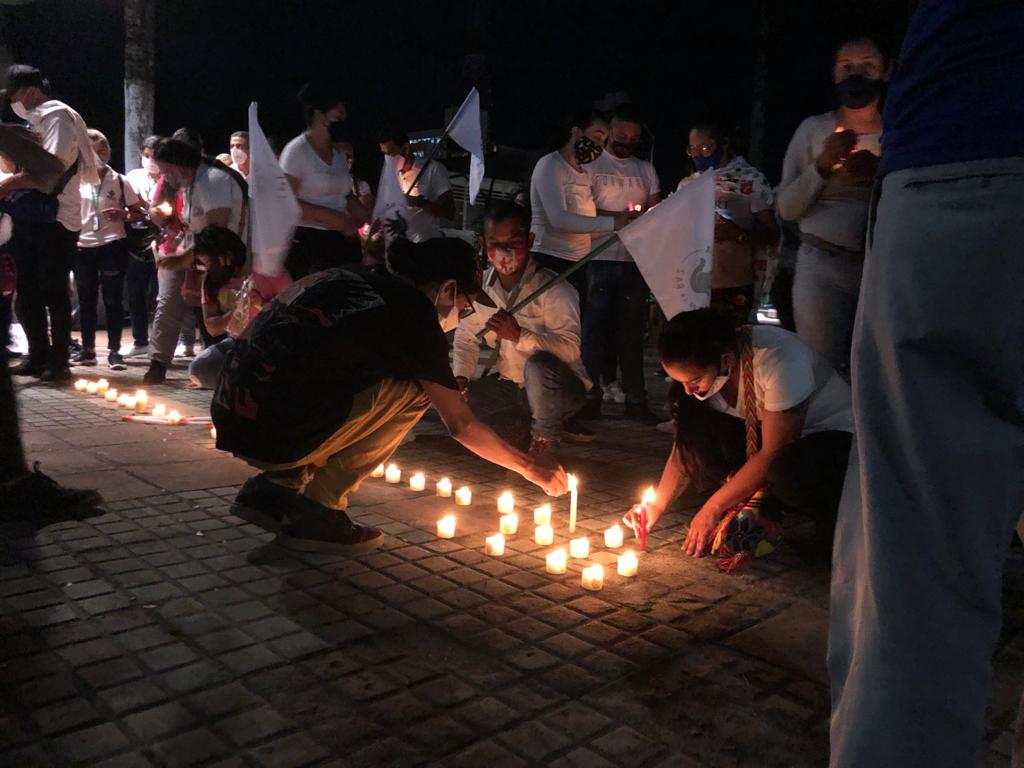The past year was exceedingly difficult by any measure. Violent conflict, unchecked climate change, repression of political activity and other human rights violations, toxic populism dividing societies and a once-in-a-lifetime health catastrophe: 2020 will have left a painful mark.
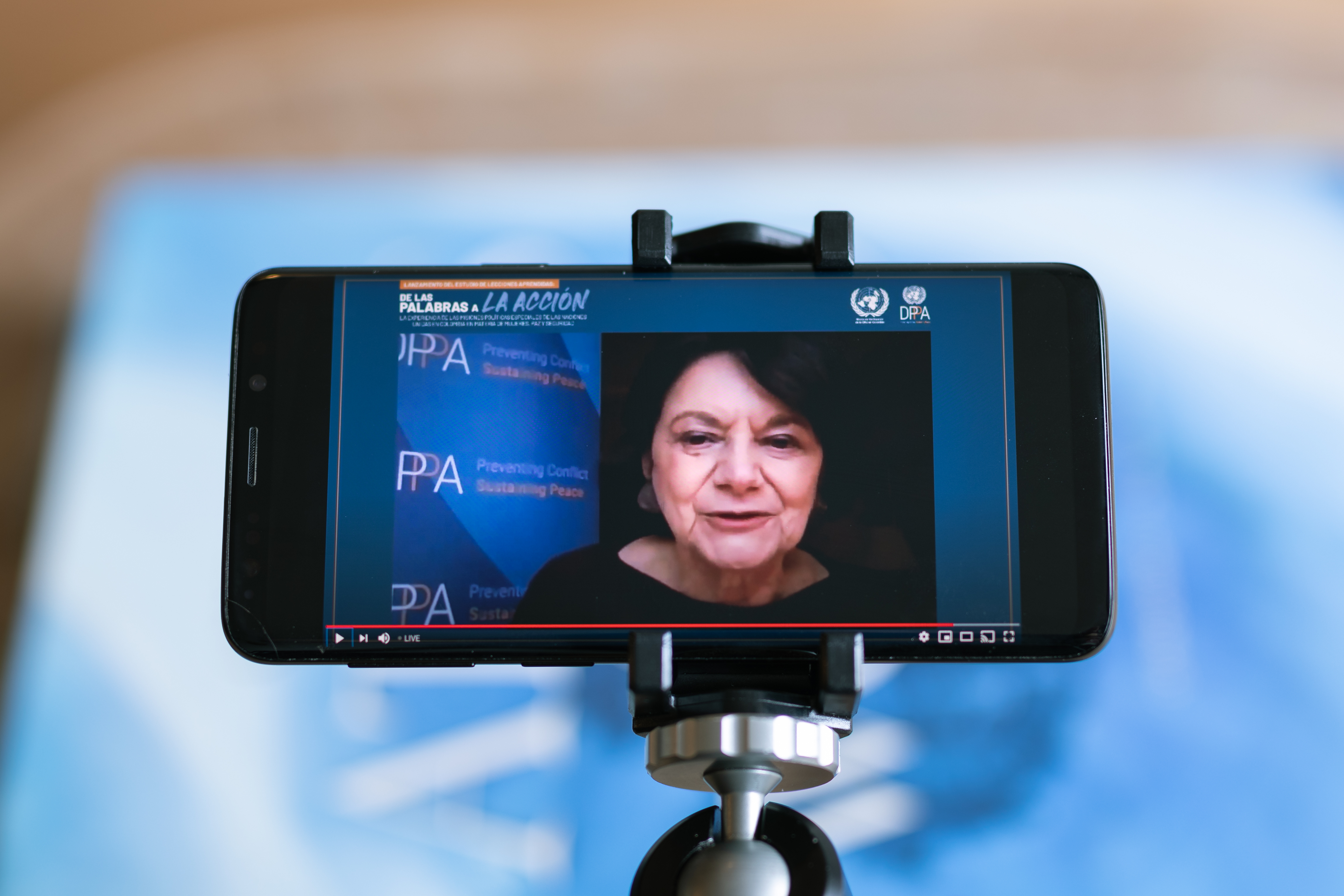
At the same time, there were unmistakable reasons for hope. Despite the very real worry about the state of multilateralism, countries around the world strongly reaffirmed the importance of international cooperation and solidarity to deal with global problems. Most inspiring, perhaps, has been to witness the determination and courage shown by people in all regions to have a say in the way they are governed. From mass demonstrations against repression and corruption to record levels of participation in elections, women and men everywhere, young and old, refused to give in to despair. This, in turn, gives us hope as we continue to help parties to conflict reach political solutions. The Secretary-General’s appeal for a global ceasefire so that all efforts could be channeled to fighting the COVID-19 pandemic led to several truces and boosted different peace processes. Much more remains to be done, however. That is why, as you will gather from their words below, our colleagues leading peace and political processes globally are more determined than ever to help silence the guns and work with our partners to build lasting peace for hundreds of millions of people, in 2021 and beyond.
Rosemary DiCarlo, Under-Secretary-General for Political and Peacebuilding Affairs
Afghanistan
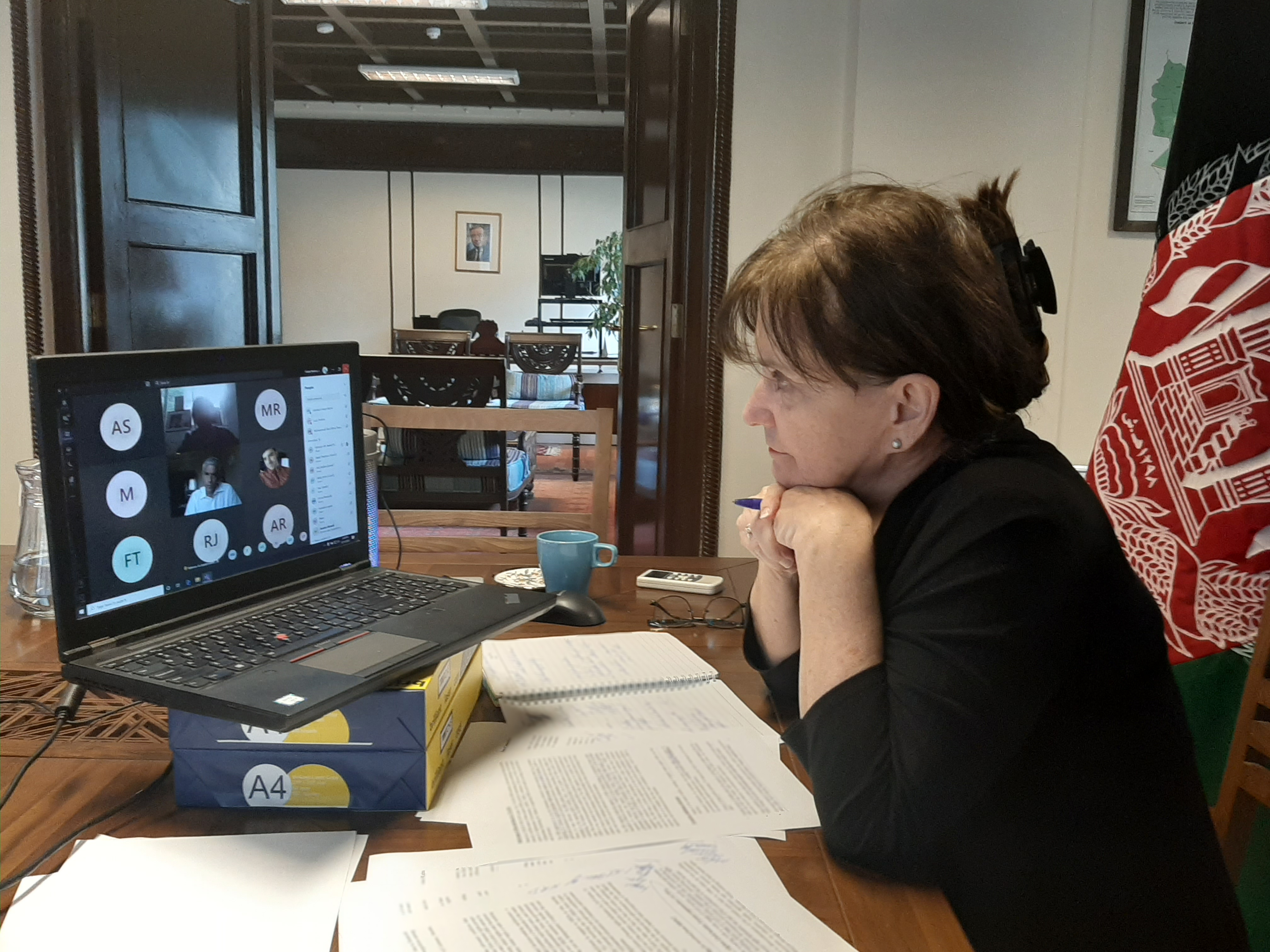
Deborah Lyons, Special Representative for Afghanistan:
Afghans have experienced a year of extremes. They have suffered from terrible levels of violence set against an unpredictable security landscape, poverty that has deepened for millions, and the destabilizing menace of COVID-19. But they have also witnessed unprecedented developments on the peace front. The direct negotiations that began in September between the Afghan government and the Taliban give all Afghans cautious hope for an end to four decades of conflict and a better future. The strong response at the 2020 Afghanistan pledging conference and increased regional cooperation have helped reinforce this hope leading into 2021.
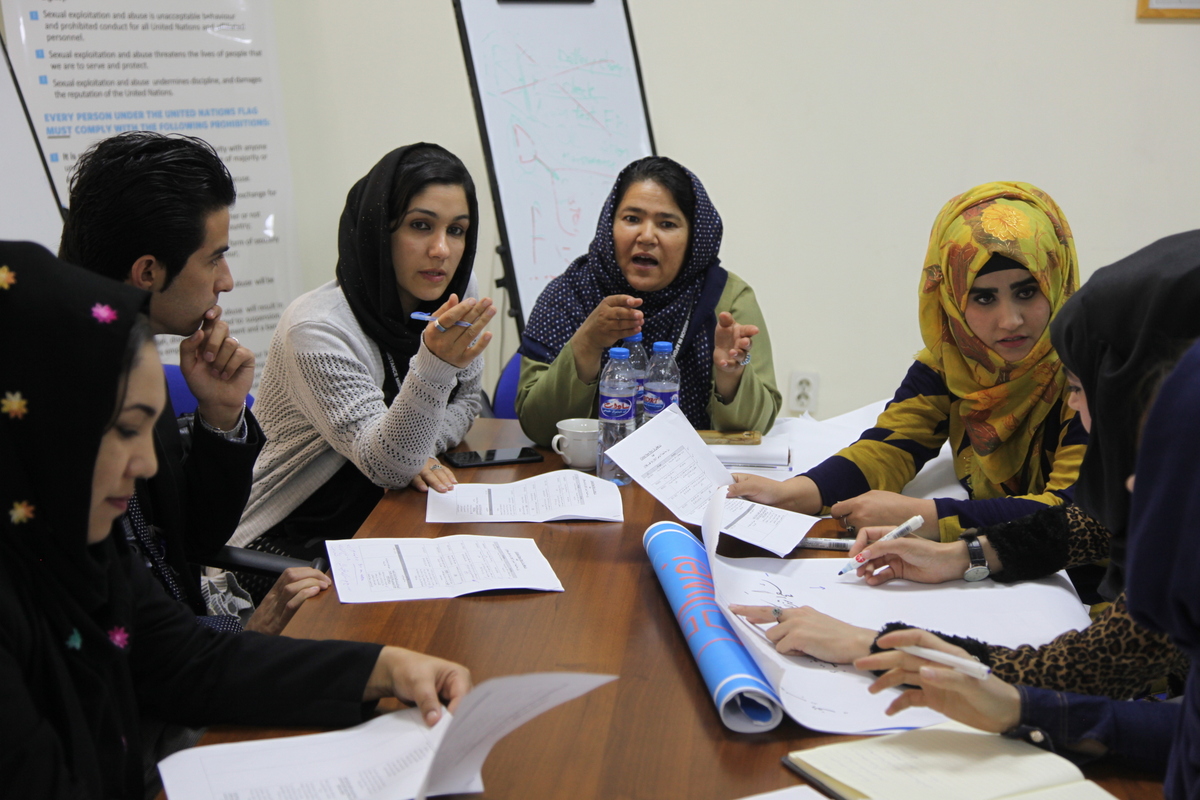
If the Afghan government and Taliban negotiators listen to the voices of millions of ordinary Afghans urging them to end the conflict, then 2021 could be the year that the bombing stops and the suffering lessens. Afghans can then look forward to a peace they so truly deserve. Working alongside the people of Afghanistan, the United Nations will be there to support peacebuilding, and essential development and humanitarian efforts every step of the way.
Central Africa
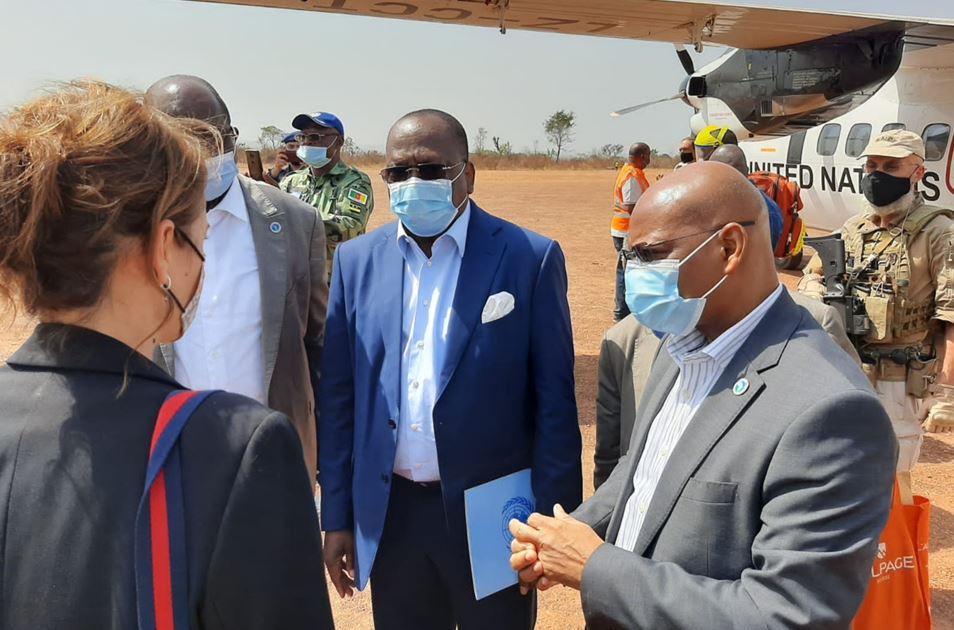
François Louncény Fall, Special Representative for Central Africa:
Despite our efforts in promoting peace and security in Central Africa, the subregion continued to face several challenges in 2020. We have noticed the intensification of political crises and armed conflict in some countries, with serious implications for regional stability, human rights and the humanitarian situation. This challenging situation has worsened dramatically with COVID-19, the impact of which was considerable on the regular functioning of institutions and national economies.
In 2021, the UN Regional Office for Central Africa (UNOCA) will continue to mobilize for the Secretary-General’s appeal for a global ceasefire to focus on fighting the COVID-19 pandemic and violent extremism. The Office will also keep capitalizing on the advantages of the Economic Community of Central Africa States (ECCAS) reforms as well as on the momentum of its newly established Commission to take up those challenges and provide the support needed to promote preventive diplomacy tools and actions, including through joint ECCAS-UNOCA initiatives, strengthening of the peace and security architecture of the subregion as well as its mechanisms for early warning and crisis prevention.
Colombia
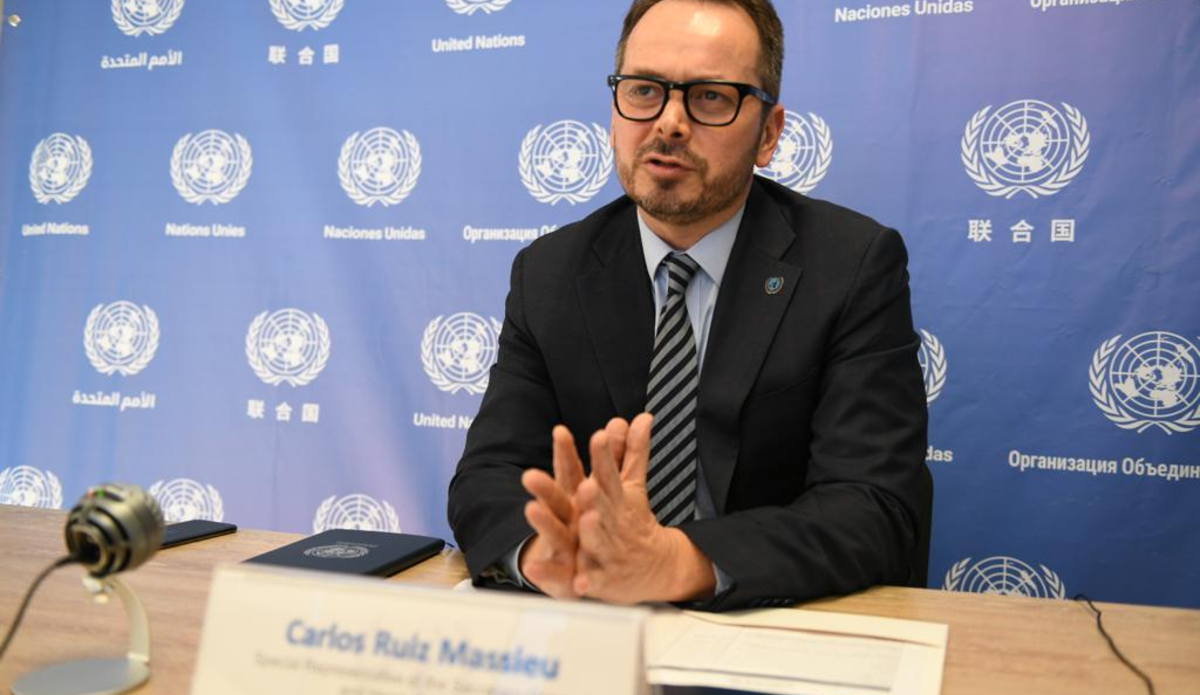
Carlos Ruiz Massieu, Special Representative for Colombia:
The COVID-19 pandemic has made 2020 a particularly tough year in Colombia, and the implementation of the Peace Agreement between the Government and FARC has indeed taken a toll. All spheres of peace implementation have been affected in varying degrees. However, Colombian society, the parties, and the multiple partners engaged in peacebuilding efforts have displayed remarkable resilience and creativity, finding ways to adapt and overcome the unforeseen challenges posed by the pandemic and those that are inherent to the complex task of building lasting peace. Thanks to these efforts, key aspects of the Peace Agreement continue to move forward, from the reintegration of former combatants to the implementation of development programmes in conflict-affected regions and the innovative transitional justice system. We will surely continue to feel the consequences of the pandemic, but I am confident that the tools offered by the Agreement will prove useful as Colombians works to recover from this unprecedented crisis, and we at the United Nations will continue to lend our constant support.
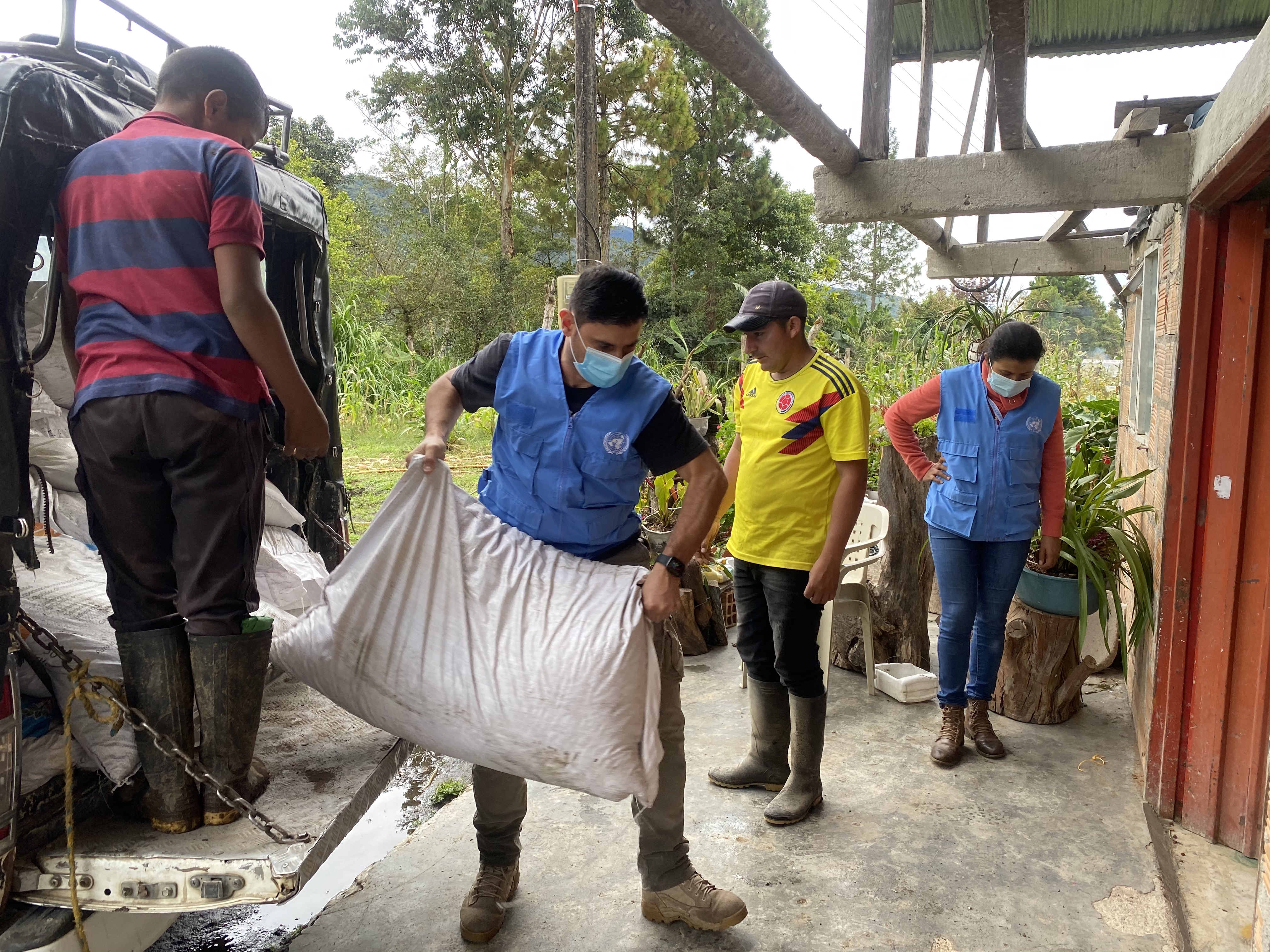
The Final Peace Agreement was envisioned not only as an opportunity to put an end to over 50 years of conflict between the Government and the FARC-EP, but as means to address the root causes of violence and to allow for an integrated State presence across the country. It is precisely the tools and mechanisms provided for in the Peace Agreement – such as the development programmes with a territorial focus (PDET) – the kind of instruments that are needed in these difficult times to provide renewed opportunities to those who need them the most. As innovative strategies are crafted, the Government, FARC and Colombian society writ large should view the comprehensive implementation of the Agreement as an opportunity to ‘build back better’, rather than as a burden. This is not a zero-sum game. Investing in peace should be a fundamental component of the pandemic recovery efforts.
Iraq
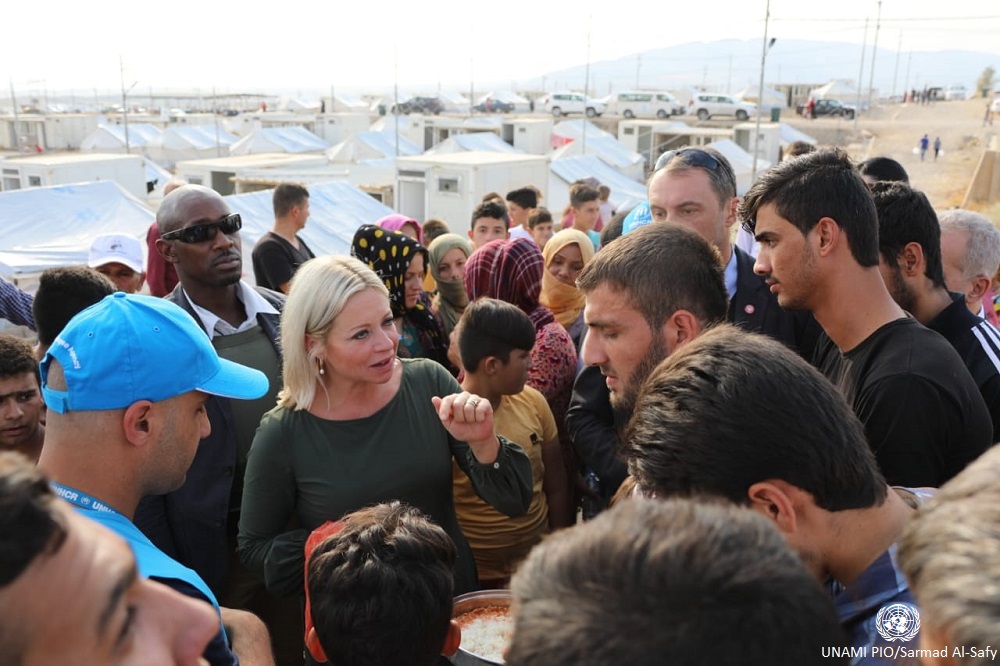
Jeanine Hennis-Plasschaert, Special Representative for Iraq:
Interlinked, mutually reinforcing crises have forced the government into crisis-management mode, slowing desired progress on building domestic resilience, including issues such as economic diversification, political accountability and transparency. Parliamentary early elections, a key demand of the popular demonstrations, are set for 6 June 2021. Iraq remains at a critical juncture.
Multiple challenges lie ahead, with domestic, regional and global implications. The priority is to deal with pressing health, economic, security and fiscal crises, hold credible elections, maintain unity and shield Iraq from regional tensions. All stakeholders must commit to pave the way for a more united, just and prosperous Iraq: these are the fundamental, and unwavering, hopes and aspirations of the Iraqi people.
Mozambique
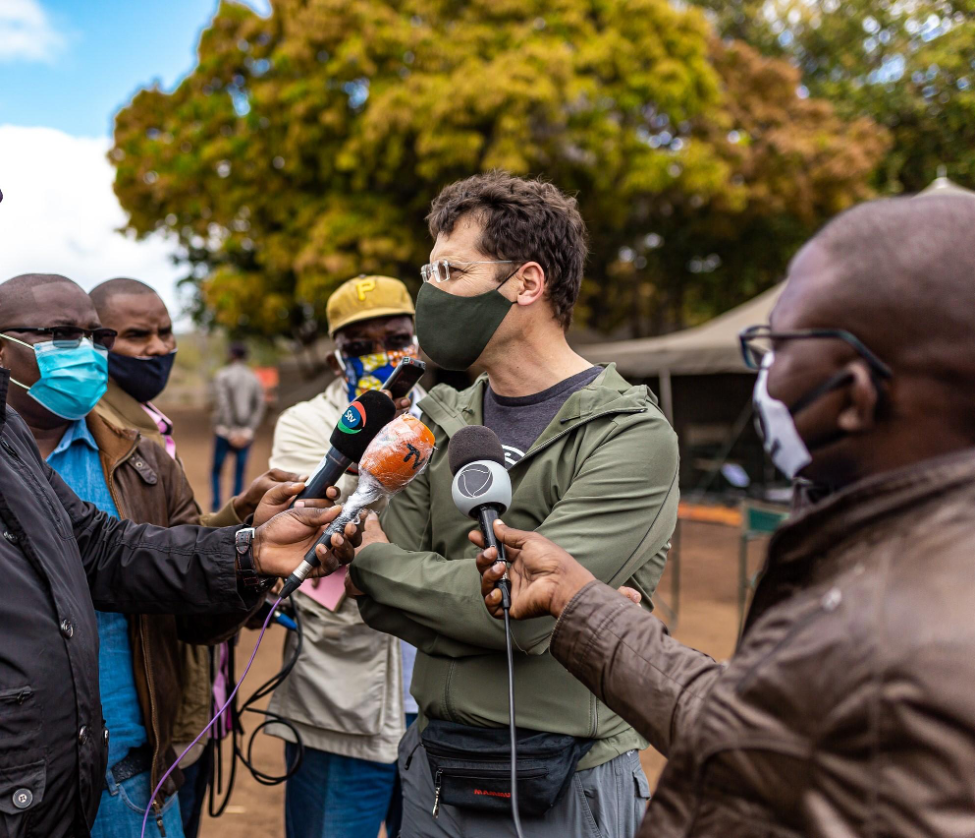
Mirko Manzoni, Personal Envoy for Mozambique:
At the end of 2020, I am proud that, despite the challenges presented by COVID-19, Mozambique has made commendable progress towards realizing definitive peace. The determination and dedication of both party leaders has made it possible to advance the disarmament, demobilization and reintegration (DDR) process, with over 1,500 former combatants now back home to live a life of peace. The progress made this year, despite the circumstances, is evidence of the country’s resilience and determination.
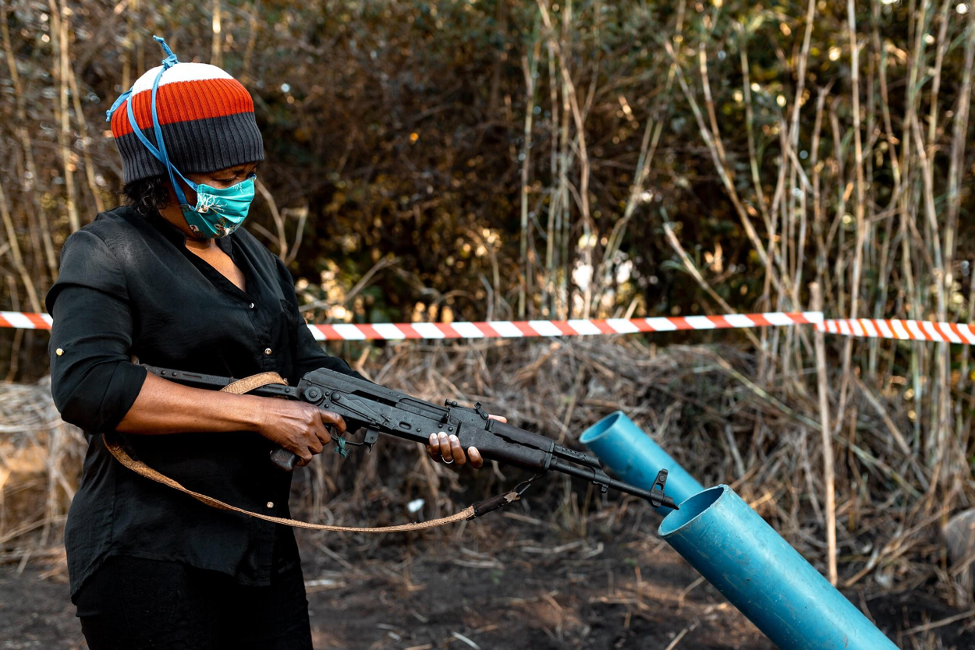
In 2021, the remaining 3,700 former combatants will go through the DDR process. This is no small task and our work ahead is immense. I would like to see the beginning of a full social and economic reintegration of all former combatants, which I believe is crucial to the long-term sustainability of the process and will help embed peace and support national reconciliation. I am optimistic that peace and dialogue will continue to prevail, and Mozambique’s people can look forward to a brighter future.
Lebanon
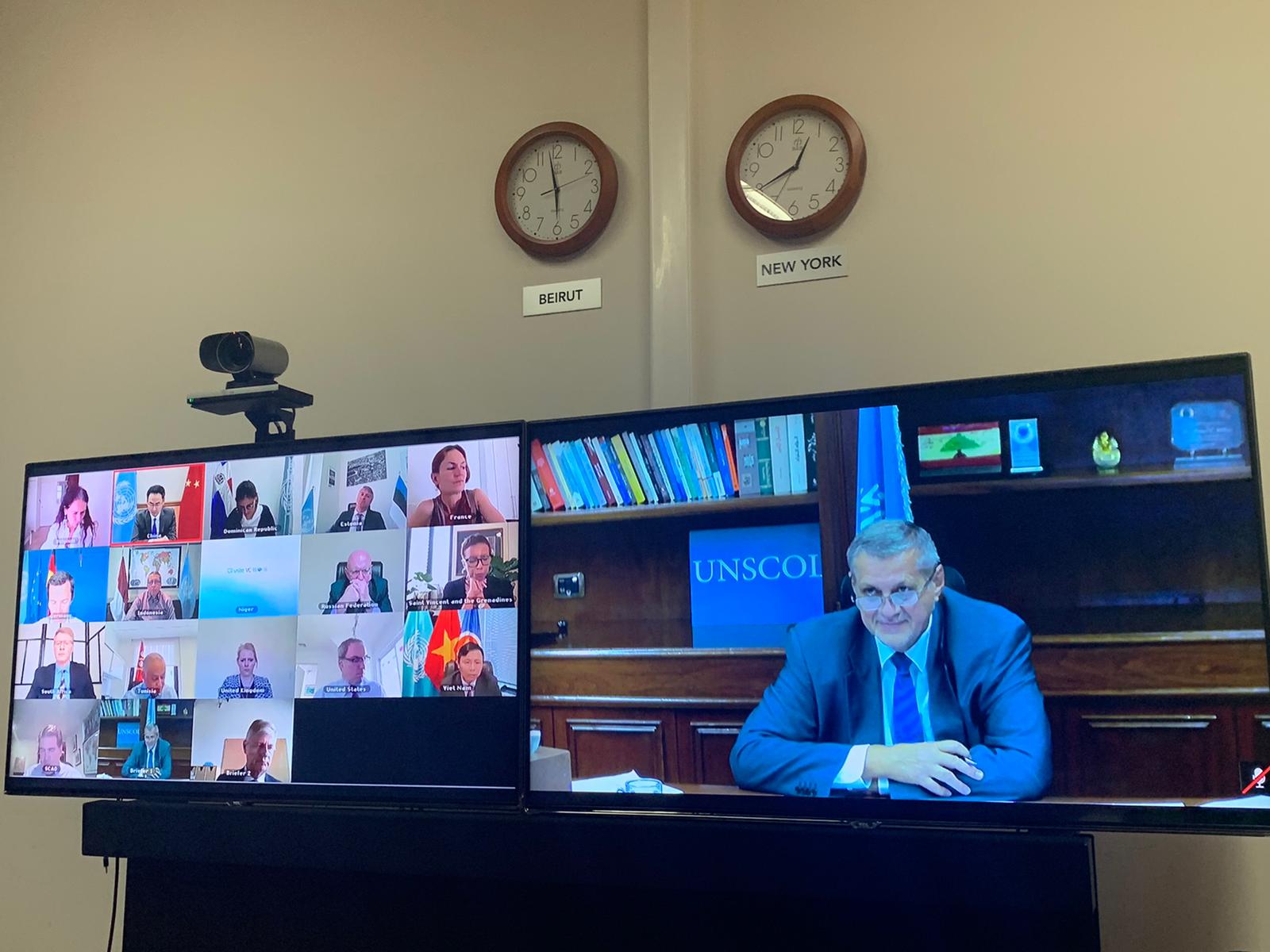
Ján Kubiš, Special Coordinator for Lebanon:
The Lebanese people will sadly always remember 2020 as a year of unprecedented setbacks and many lost opportunities. The country witnessed a financial, economic and social meltdown of an unprecedented character, blockage of people’s deposits while the Lebanese currency lost 80% of its purchasing power, all that exacerbated by the COVID-19 pandemic and a catastrophic explosion at the Port of Beirut on 4 August. The United Nations has steadily continued to support Lebanon and its people, especially in extending immediate humanitarian assistance in the aftermath of the Beirut blast and working with other international partners towards longer-term recovery and reconstruction plans. But all international efforts cannot replace the desperately needed work of a functioning, competent and reform-oriented government that can restore the trust of the Lebanese people and the international community.
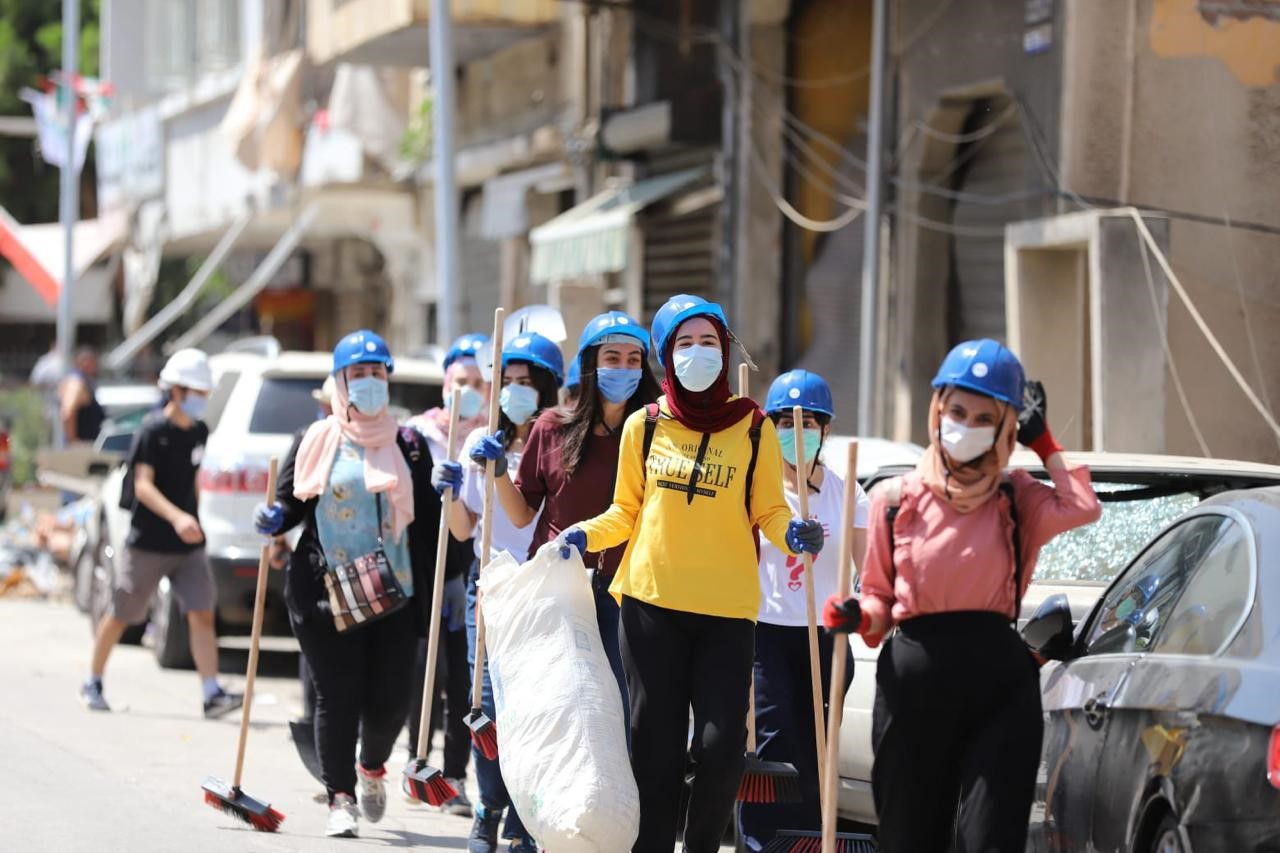
Lebanon would benefit greatly if lessons are learnt from the challenges and wasted opportunities of 2020. The country’s political rulers should put aside individual, partisan and sectarian interests to listen to the collective needs and aspirations of the people, women and men, voiced very clearly in popular protests that began in late 2019 and continued into early 2020. The formation of a competent government that implements urgent reforms would be a first good step in that direction. The UN will continue to stand by the country and support its people and the refugee communities it is hosting. The UN will also help Lebanon to start preparing for 2022 elections, another potential platform for introducing change.
Libya
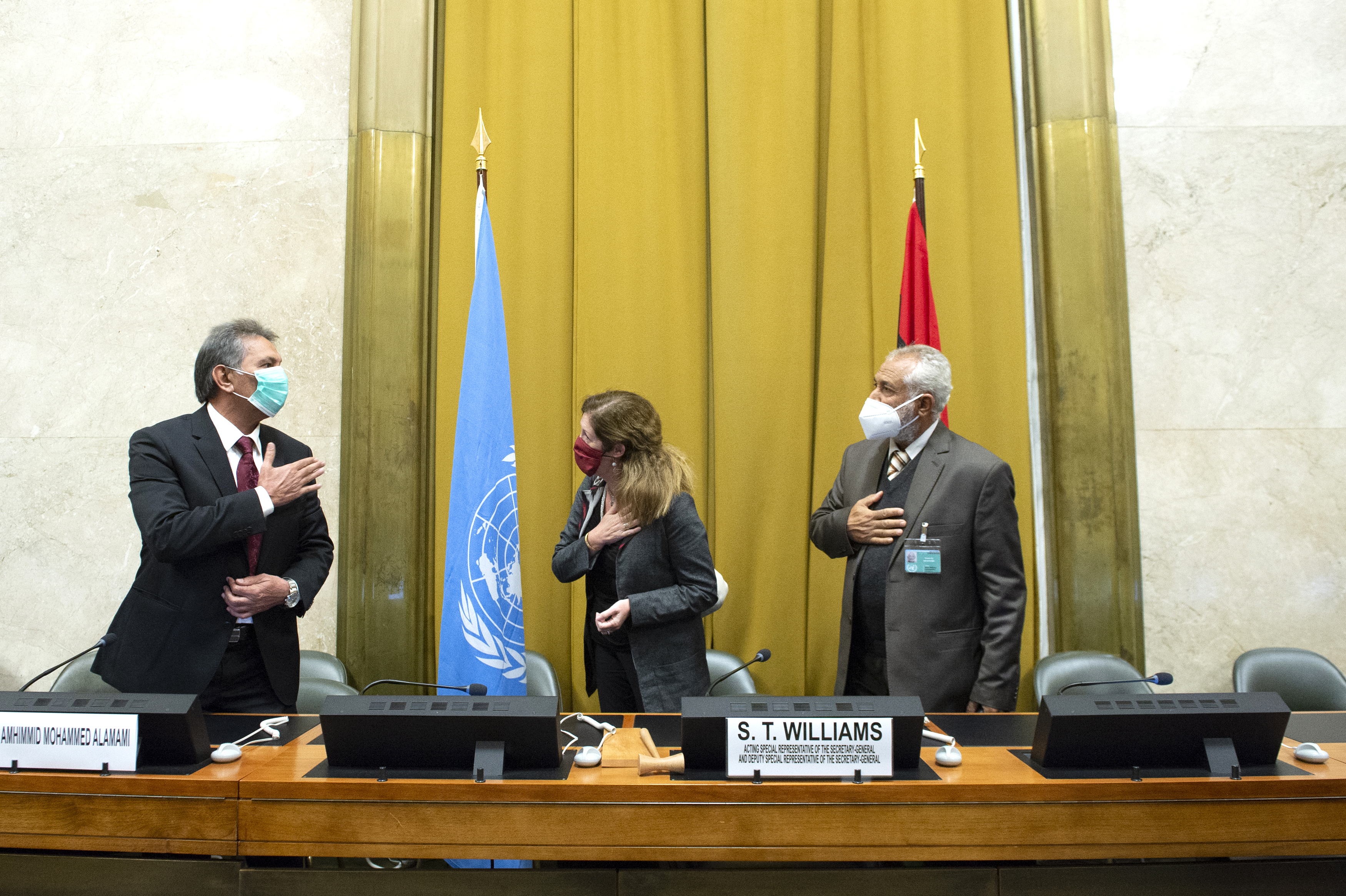
Stephanie Williams, Acting Special Representative for Libya:
Despite all the challenges the year 2020 brought to Libya and to the world due to the COVID-19 pandemic, we started the year with a war but are ending with calm on the ground and a formal ceasefire agreement signed in October. We have witnessed a bottom-up constituency for change emerging in Libya, which has allowed substantial progress in the search for peace and stability. After many years of oppression, division, chaos, misery, and conflict, Libyans are coming together in a UN-facilitated process to preserve the country’s unity, reassert its sovereignty, and consolidate their efforts to hold national elections.
I am optimistic about the way forward yet clear-eyed about the many challenges that lie ahead. Ten years of war and deep divisions cannot be solved in one week or one month. There is much work left to be done to alleviate the suffering of Libyans, but we hear more now the language of peace rather than the language of war. Libyans have a great opportunity before them. Only shared responsibility, nurtured by patriotism and love of the country, can lead to the shared security and prosperity which the Libyan people deserve.
Great Lakes region
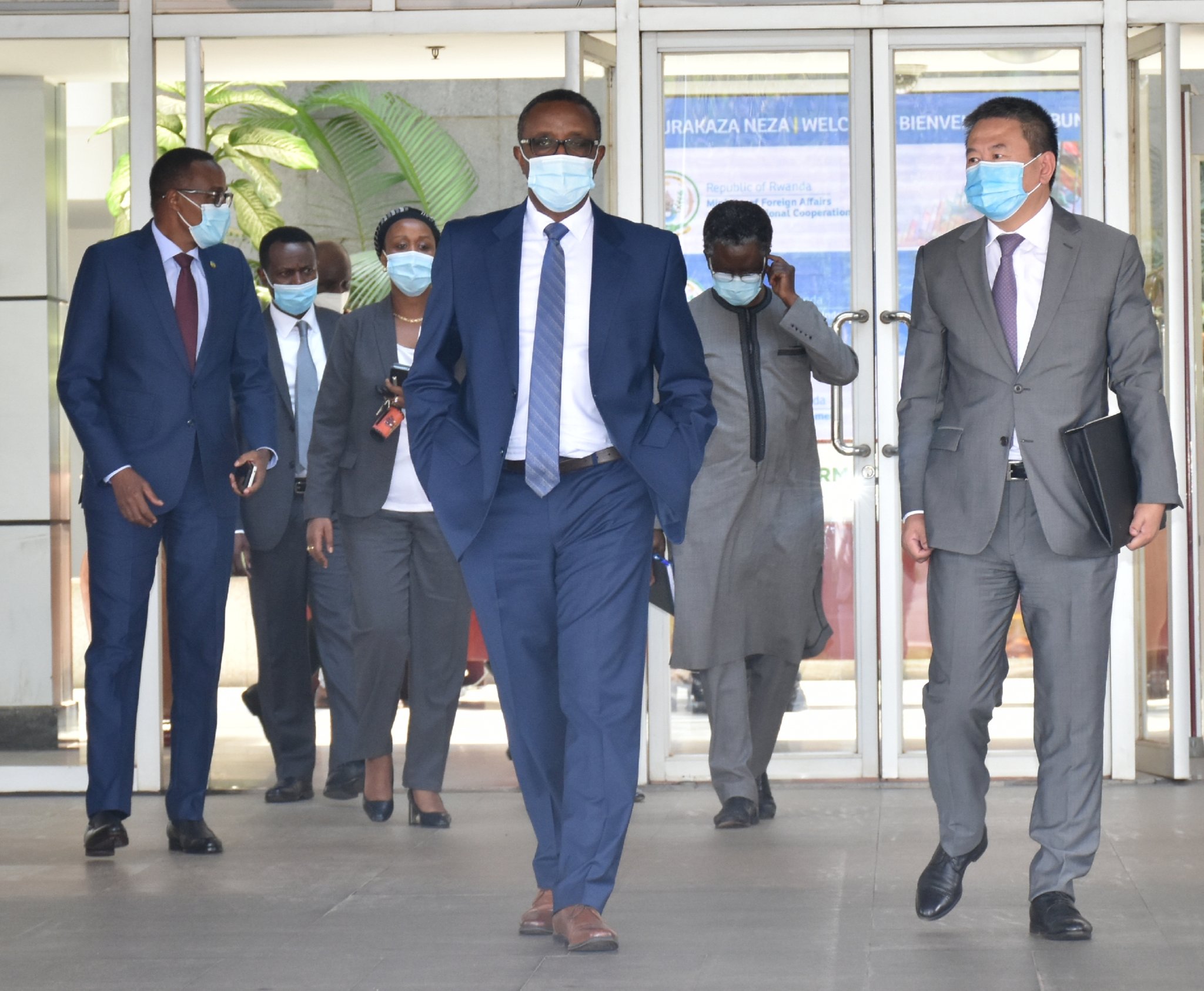
Huang Xia, Special Envoy for the Great Lakes region:
2020 has been a challenging year for the people and countries of the Great Lakes region, just as elsewhere. However, when looking back, what strikes me most is the resilience, and the unwavering commitment of the region to favor cooperation as well as diplomatic venues to jointly advance peace, security and development. COVID-19 may have initially slowed down some efforts within the region, but it did not diminish its momentum towards positive and sustainable change.
I firmly believe that 2021 can be a leap year – where we turn this momentum into decisive action on the ground, especially during the pandemic recovery phase. The UN stands ready to do its part. Early next year, we will launch the Action Plan for the UN Strategy for Peace Consolidation, Conflict Prevention and Conflict Resolution for the Great Lakes region. We will work with stakeholders from the local to the international level in pursuit of a peaceful, inclusive, prosperous, and resilient region.
Syria
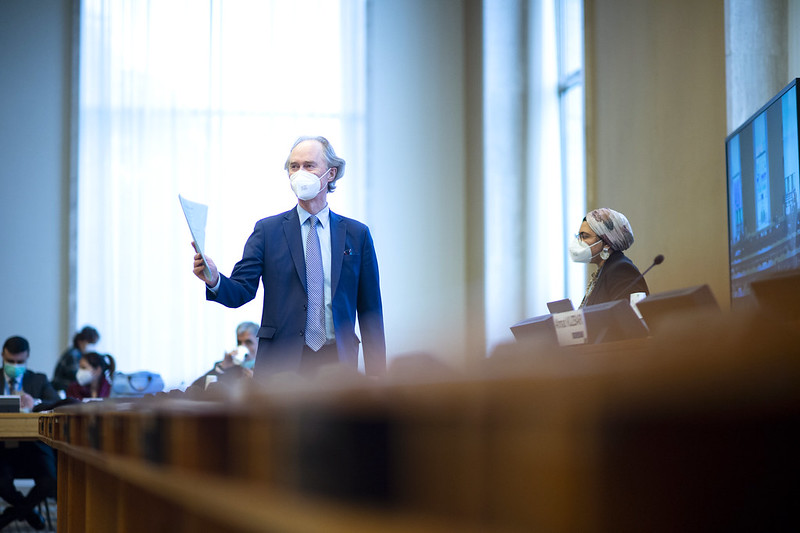
Geir Pedersen, Special Envoy for Syria:
There has been a de facto freezing of frontlines since March 2020. But there is grave humanitarian suffering, economic collapse, millions remain displaced, the file of detainees and abductees and missing is not moving, and the dangers of renewed all-out conflict remain. The Constitutional Committee is meeting but has not made much progress yet. The conflict is highly internationalized, and there is quite a lot of blocking of players of each other. Yet there are common interests – in stability, in combatting terrorism, in preventing renewed conflict – and for that we need a credible political process. International players are all engaging the UN and supporting the Geneva process, but not yet able to develop an effective and constructive common effort that could really make a difference.
In my December briefing to the Security Council, I noted that as we look to 2021, we need a deeper and broader process: a nationwide ceasefire, a substantive constitutional process, progress on detainees and abductees, and a wider effort to address the full range of issues, with actions to build confidence and movement step by step. This needs a new form of international cooperation on Syria, with key players at the table and key issues on the table, working on reciprocal and mutually reinforcing actions step by step, to help advance the implementation of Security Council resolution 2254.
Myanmar
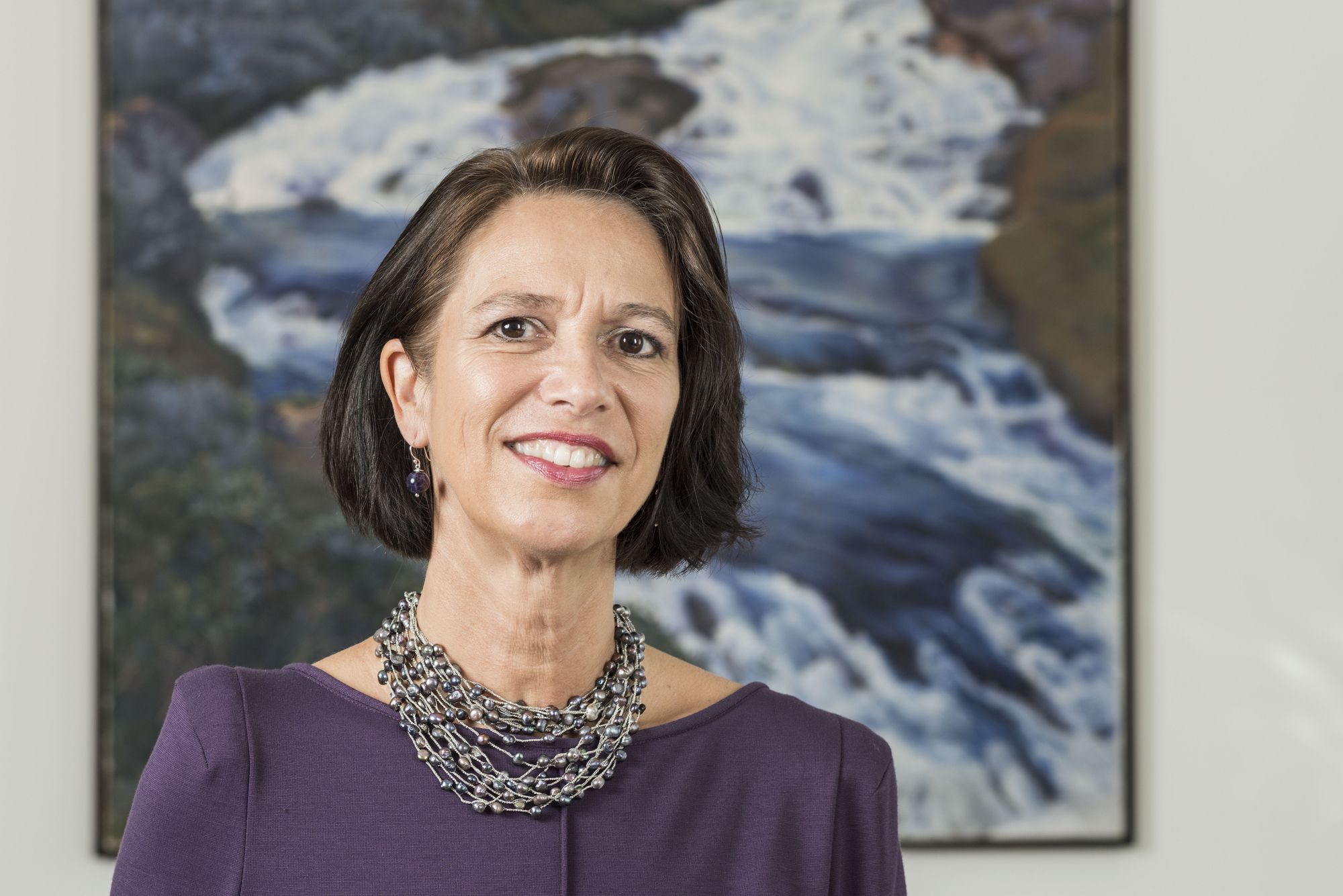
Christine Schraner Burgener, Special Envoy for Myanmar:
The COVID-19 pandemic, 8 November general elections and armed conflicts between the Tatmadaw and the Arakan Army have made significant breakthroughs difficult in 2020, including for the situation on the ground that requires urgent durable solutions, especially in terms of addressing underlying issues affecting Rohingya Muslims and other communities. However, a high voter turnout underlined trust and hope in Myanmar’s civilian leadership, and the immediate cessation of fighting in Rakhine State following the polls has opened up a real opportunity for the country to emerge as an inclusive and harmonious democracy that derives strength from its diversity.
The post-election period will present an important opportunity to renew efforts and advance progress on many urgent issues. I have repeatedly stated the ultimate responsibility rests with Myanmar in addressing the underlying causes of the vicious cycle of communal and ethnic violence. It will be important to seize the positive momentum created by the election on good governance and rule of law initiatives. While the road of democratic reform is long, the Myanmar authorities are steadily expanding activities to combat corruption, trafficking and other illicit activities. The UN will continue to work in close partnership to support these nationally owned efforts. The international community should remain engaged and lend its constructive support. My role will remain as a bridge-builder and I will continue to be frank in pointing out shortcomings while standing firm on the United Nations principles.
Horn of Africa
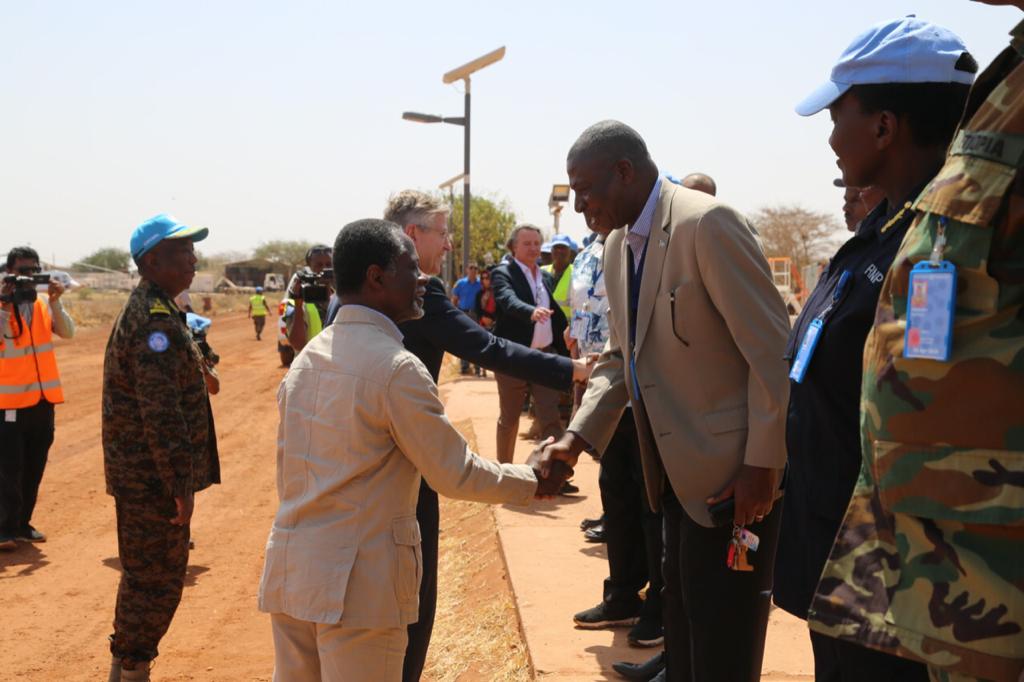
Parfait Onanga-Anyanga, Special Envoy for the Horn of Africa:
This year has been particularly tough for the countries of the Horn of Africa. The global COVID-19 pandemic has compounded an already complex situation amidst an unprecedented desert locust infestation, severe flooding and increasing climate change-related threats. Yet, the region has shown remarkable resilience and collaboration in tackling these daunting challenges.
Drawing lessons from these trying times, in 2021 I hope to see a heightened sense of urgency in strengthening regional cooperation to more effectively advance peace and sustainable development through more inclusive national political processes as a contribution to silencing the guns for the people of the Horn of Africa and the planet.
Somalia
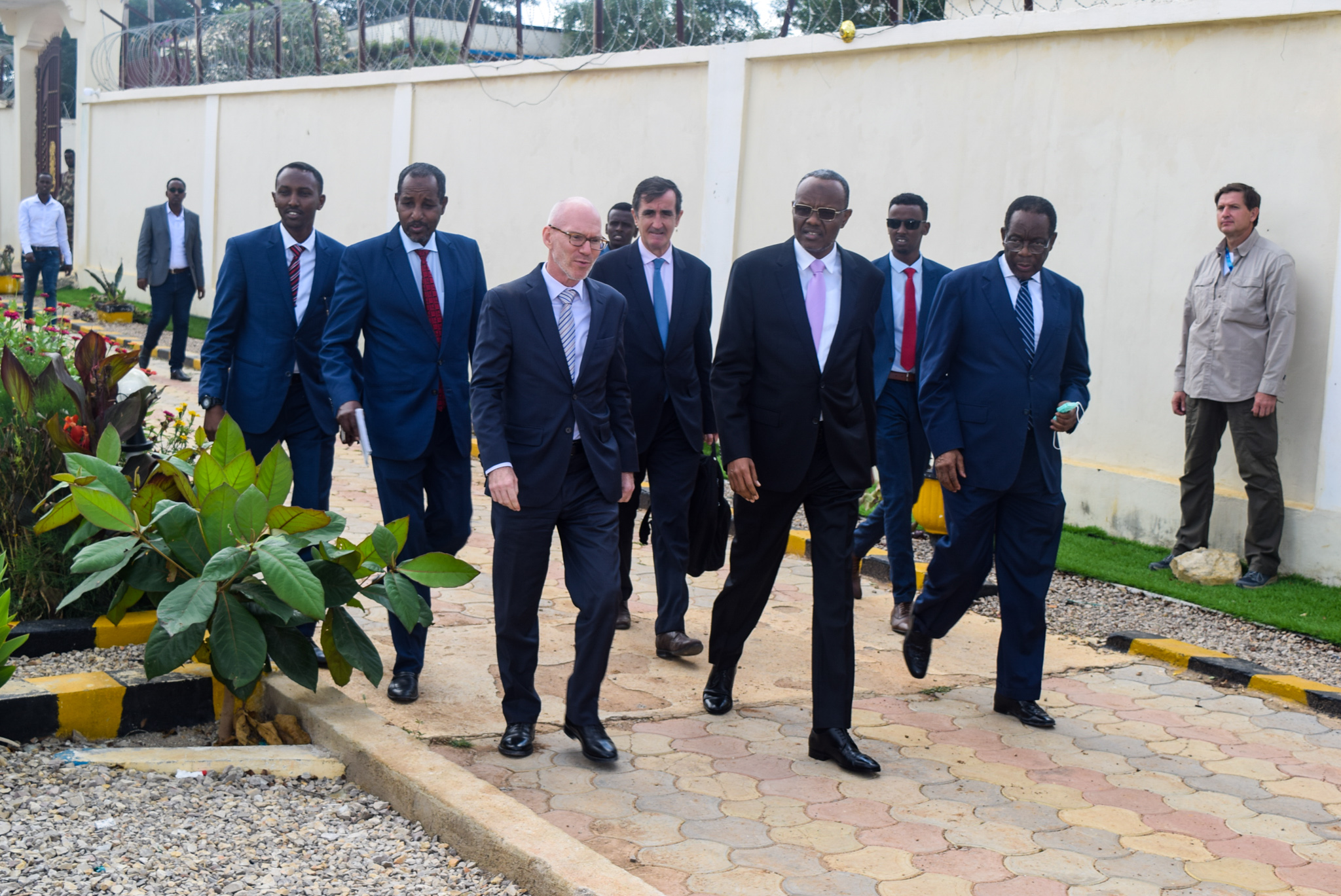
James Swan, Special Representative for Somalia:
Somalia has had a challenging 2020 in many areas, including on its political, security and humanitarian fronts, as well as with the COVID-19 pandemic. At the same time, there have been signs of progress with its debt relief and its leaders reaching agreement on an electoral process for 2020-2021. It’s important that the spirit of compromise, as well as consensus and dialogue, continues in order to nurture, preserve and advance the gains made so far.
2021 will be a major year in Somalia’s development. With security, it will involve a transition to the Somali government taking lead responsibility in this area; with its economy, a continuation of reforms so that it can realize the full benefit of its achievements with its debt relief process; on the humanitarian situation, there are still 5.2 million people, about a third of the country’s population, who need support. And, of course, there’s the electoral process with parliamentary and presidential elections. I hope to see further cooperation and consensus-building among Somali leaders on these issues of critical importance, as well as firm steps related to the country’s democratization, including the strengthening of institutions and laying foundations for ‘one person, one vote’ elections in 2024-25.
Central Asia
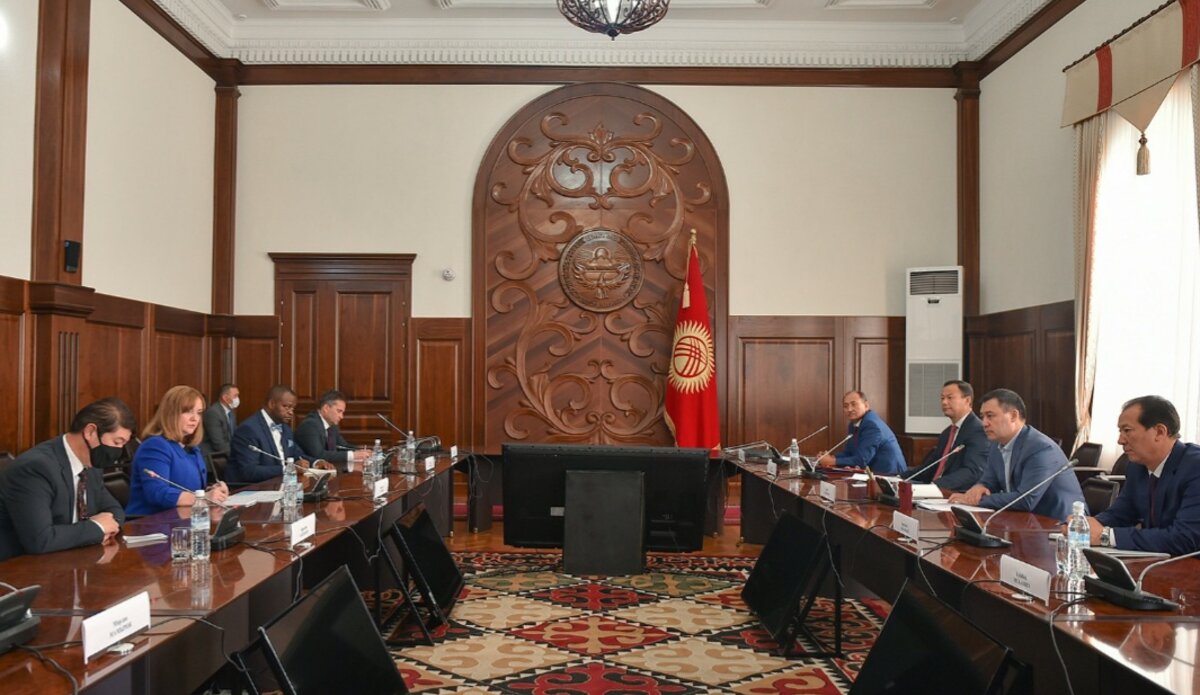
Natalia Gherman, Special Representative for Central Asia:
The global pandemic has made it clear that countries around the world are now confronting shared threats more than ever before. At the same time, in addressing these common threats through multilateralism and regional cooperation, they could become more resilient, collaborative and united in their efforts towards achieving the goals of the Charter of the United Nations. In this context, the Central Asian states have showed many examples of mutual support across the region, reinforced by regular contacts at different levels, including at the highest political level.
As we look for new ways to work in 2021, in the year proclaimed by the UN as ‘Year of Peace and Trust’, it will of course be critical that we bear in mind the security and socioeconomic challenges posed by the pandemic and the potential impacts these may have on the peace and stability. UNRCCA will enhance its interaction with the governments of five Central Asian states and Afghanistan in supporting regional efforts and initiatives to address existing and emerging challenges, including through the Women, Peace and Security and Youth, Peace and Security initiatives.
West Africa and the Sahel
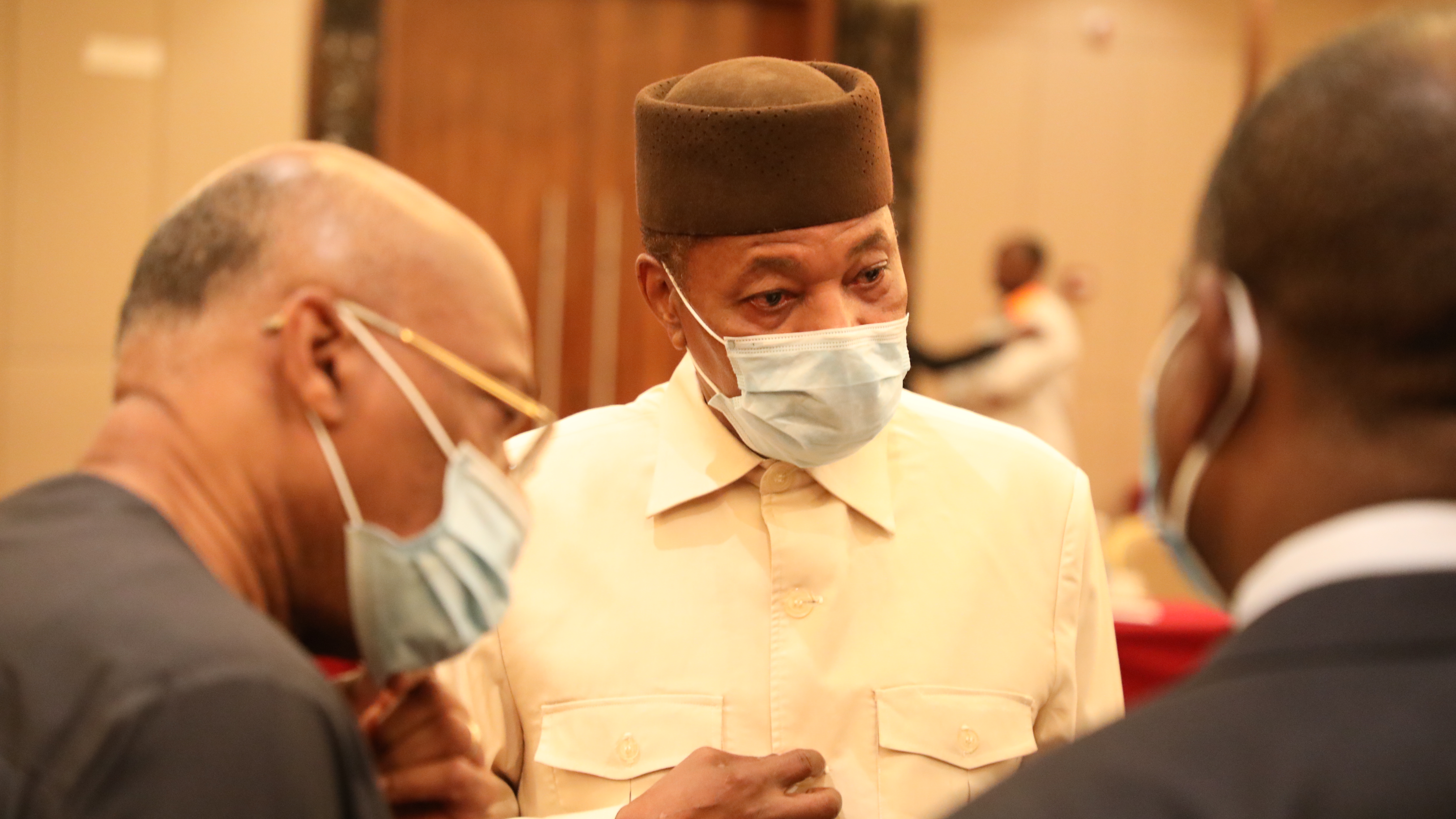
Mohamed Ibn Chambas, Special Representative for West Africa and the Sahel:
West Africa has not escaped the ravages of the COVID-19 pandemic, which has inflicted much damage and stress on health, economic, trade, social and political systems. At the same time, the subregion has demonstrated resilience in going through several highly contested elections without slipping into a major destabilizing crisis. However, the period has witnessed huge mobilization, in particular of women and youth, to demand enhanced accountability across all sectors, improved governance and more credible elections management bodies.
We should work to intensify collaboration between the UN Regional Office for West Africa and the Sahel (UNOWAS) and subregional organizations, especially the Economic Community of West African States (ECOWAS) and organized civil society organizations, think-tanks, leaders of thought to sustain peace and security by consolidating democratic governance and strengthening accountability institutions.
Yemen
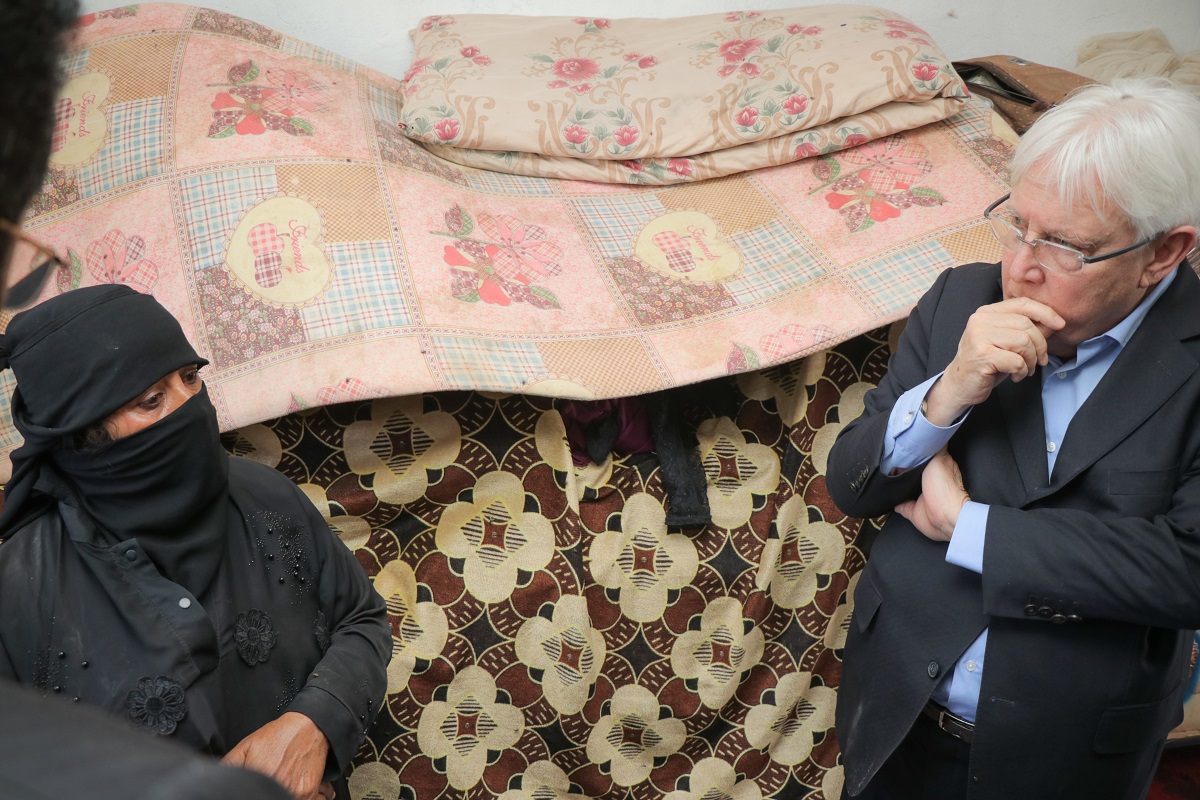
Martin Griffiths, Special Envoy for Yemen:
2020 has been another year of cruelty for Yemenis with the continuation of bloodshed, displacement, economic freefall, and the outbreak of COVID-19. We have been mediating an agreement that would commit the parties to stop fighting, adopt measures to open the country and alleviate the suffering, and urgently resume the political process. It is now time for the parties to come together, discuss their differences and agree on a realistic way forward.
In 2021, I would like to see the parties prioritize the needs of Yemenis over the narrow prospects of territorial gains and demonstrate seriousness about resuming an inclusive political process to comprehensively end the conflict. I also hope the parties do better in respecting and protecting the rights and freedoms of everyone in Yemen.
Title image: Local and regional teams of the UN Verification Mission in Colombia, including Special Representative Carlos Ruiz Massieu, accompanied the “pilgrimage for peace and life” of more than 2,000 former FARC combatants from various regions of the country to the capital Bogotá. Velatón en Florencia, Caquetá, 30 October 2020. Photo: UN Verification Mission in Colombia
